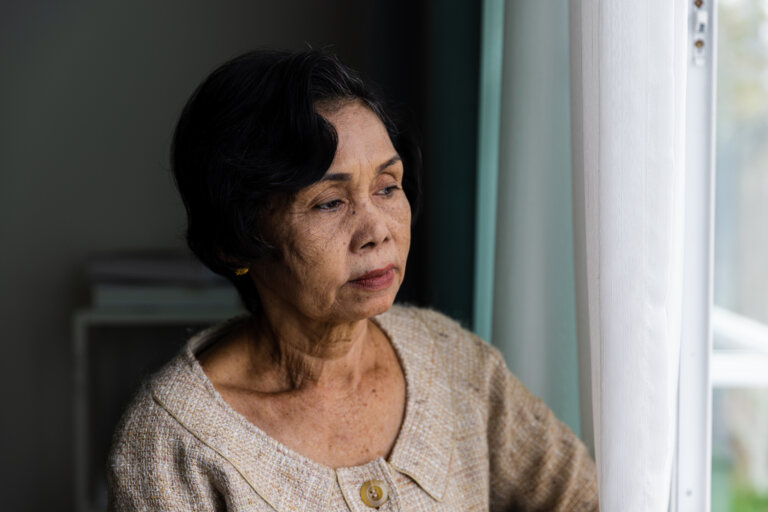Qualifying for Disabled Widow and Widower Benefits under Social Security can be a critical lifeline for those who have lost a spouse. If you’re facing this challenging situation and also dealing with a disability, understanding your eligibility and the application process is vital.
Knowing what to expect and how to prepare can make a significant difference in securing the benefits you deserve.
What Are Disabled Widow and Widower Benefits?
Disabled Widow and Widower Benefits are a crucial aspect of Social Security, designed to support individuals who have lost a spouse and are facing disabilities, potentially impacting their ability to work. These benefits provide financial assistance, ensuring stability during challenging times. If you’re coping with a disability and have lost your spouse, understanding these benefits is essential. There are several key criteria, such as age, disability status, and marriage duration, required to qualify, and you must make sure you meet these requirements in order to secure these benefits.
Eligibility Criteria For Widow and Widower Benefits
To qualify for Disabled Widow and Widower Benefits, it’s important to meet specific eligibility criteria set by the Social Security Administration. Here’s a breakdown of these key requirements:
- Age Requirement: You must be between 50 and 60 years old. This range focuses on individuals who are too young for retirement benefits but may struggle in the workforce due to age and disability.
- Disability Requirement: The onset of your disability should be either before or within seven years of your spouse’s death. This aligns with the Social Security Administration’s strict criteria for defining disability.
- Duration of Marriage Requirement: A marriage duration of at least 9 months with the deceased spouse is necessary, though exceptions apply in certain situations like accidental death.
- Work Credits of Deceased Spouse: Your late spouse must have earned enough work credits in Social Security, ensuring their significant contribution to the system over their working life.
Application Process
Applying for Disabled Widow and Widower Benefits requires a careful approach to ensure all necessary criteria are met. Initially, it’s essential to gather all required documentation, including proof of age, marriage certificate, and details of your spouse’s death. Additionally, medical records documenting your disability are crucial. The application can be started online, by phone, or in person at a Social Security office. It’s vital to provide thorough and accurate information to avoid delays. If the process seems daunting, legal assistance can be invaluable. Attorneys experienced in Social Security disability law can help streamline the process, ensuring that your application is complete and your case is presented effectively.
Potential Challenges and How to Overcome Them
Navigating the application process for Disabled Widow and Widower Benefits can present challenges. One common issue is proving the severity of the disability within the required time frame. To overcome this, detailed and up-to-date medical records are key. Another challenge is meeting the specific criteria, such as proving the duration of marriage or the deceased spouse’s work credits. To address these, it’s important to gather all pertinent legal and financial documents beforehand. Seeking the assistance of a skilled Social Security disability attorney can be a can help immensely. They can provide guidance, helping to anticipate and manage these challenges, ensuring that your application is well-supported, thereby maximizing the chances of a successful outcome.
In cases involving common law marriage, where there is little or no documentation of a formal marriage, an attorney can argue state law specifics before the SSA. In cases where SSA has denied a widow or widower because they do not recognize a common law marriage, it is important to have an attorney from the state you were domiciled with your spouse to argue that state’s common law marriage rules.
Get Help If You Are a Disabled Widow or Widower In Fort Worth/Dallas Texas
Applying for Disabled Widow and Widower Benefits involves specific requirements, but with the right guidance, the process becomes much more manageable. Our legal team at the Law Office of Carey Thompson is ready to provide you with qualified assistance. Contact us today for personalized support in securing the benefits you need.

